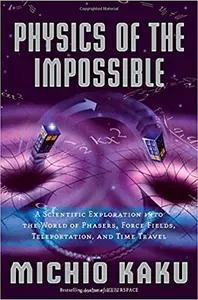Physics of the Impossible: A Scientific Exploration into the World of Phasers, Force Fields, Teleportation, and Time Travel
By Michio Kaku
Category
ScienceRecommended by
"Physics of the Impossible" by Michio Kaku explores the boundaries of science and the potential for seemingly impossible technologies to become a reality. In this captivating and thought-provoking book, Kaku blends scientific theory with pop culture references to analyze the feasibility of concepts like teleportation, time travel, and faster-than-light travel.
Divided into three categories - Class I, II, and III impossibilities - Kaku provides scientific insight into each, systematically examining which could potentially be achieved, and which remain firmly rooted in the realm of fiction.
Starting with Class I impossibilities, Kaku delves into topics such as force fields, invisibility, and telepathy. By exploring the fundamental principles of physics, Kaku reveals the potential for these concepts to become feasible in the future, drawing on existing scientific advancements to support his claims.
Moving on to Class II impossibilities, Kaku explores more astounding ideas including time travel, warp drives, and parallel universes. He discusses the current scientific understanding of these concepts and considers how they might be achieved by utilizing scientific frontiers like wormholes and exotic matter.
Lastly, Kaku explores Class III impossibilities, which encompass ideas that defy our current understanding of the laws of physics. These concepts include perpetually self-sustaining machines, precognition, and even the existence of a Type IV civilization capable of harnessing the power of entire galaxies.
Throughout the book, Kaku highlights the importance of scientific imagination and technological advancements, acknowledging that many ideas once thought impossible have become everyday realities. He inspires readers to push the boundaries of what is achievable and to consider the profound implications these advancements may have on our future.
"Physics of the Impossible" takes readers on a thrilling journey through the possibilities and limits of science, challenging our understanding of what is possible and what may lie beyond. Through engaging narratives and accessible explanations, Kaku combines his expertise in theoretical physics with a captivating writing style, capturing the imagination of both science enthusiasts and sci-fi fans alike.
Divided into three categories - Class I, II, and III impossibilities - Kaku provides scientific insight into each, systematically examining which could potentially be achieved, and which remain firmly rooted in the realm of fiction.
Starting with Class I impossibilities, Kaku delves into topics such as force fields, invisibility, and telepathy. By exploring the fundamental principles of physics, Kaku reveals the potential for these concepts to become feasible in the future, drawing on existing scientific advancements to support his claims.
Moving on to Class II impossibilities, Kaku explores more astounding ideas including time travel, warp drives, and parallel universes. He discusses the current scientific understanding of these concepts and considers how they might be achieved by utilizing scientific frontiers like wormholes and exotic matter.
Lastly, Kaku explores Class III impossibilities, which encompass ideas that defy our current understanding of the laws of physics. These concepts include perpetually self-sustaining machines, precognition, and even the existence of a Type IV civilization capable of harnessing the power of entire galaxies.
Throughout the book, Kaku highlights the importance of scientific imagination and technological advancements, acknowledging that many ideas once thought impossible have become everyday realities. He inspires readers to push the boundaries of what is achievable and to consider the profound implications these advancements may have on our future.
"Physics of the Impossible" takes readers on a thrilling journey through the possibilities and limits of science, challenging our understanding of what is possible and what may lie beyond. Through engaging narratives and accessible explanations, Kaku combines his expertise in theoretical physics with a captivating writing style, capturing the imagination of both science enthusiasts and sci-fi fans alike.
Share This Book 📚
More Books in Science
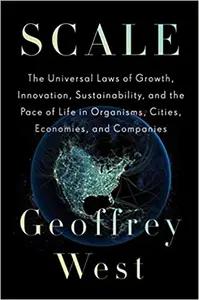
Scale
Geoffrey West
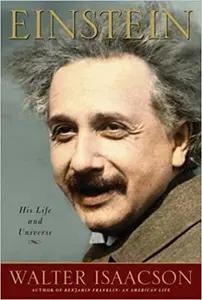
Einstein
Walter Isaacson

How to Change Your Mind
Michael Pollan

The Checklist Manifesto
Atul Gawande

When Breath Becomes Air
Paul Kalanithi

Behave
Robert Sapolsky

Who We Are and How We Got Here
David Reich

Genome
Matt Ridley
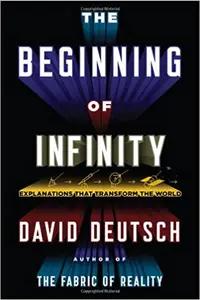
The Beginning Of Infinity
David Deutsch

The Origin of Consciousness in the Breakdown of the Bicameral Mind
Julian Jaynes

The Pleasure of Finding Things Out
Richard P. Feynman

The Selfish Gene
Richard Dawkins
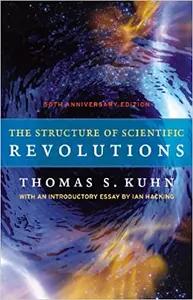
The Structure of Scientific Revolutions
Thomas Kuhn

I Contain Multitudes
Ed Yong
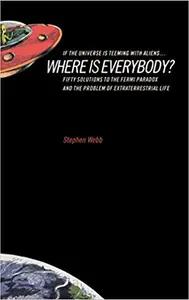
If The Universe Is Teeming With Aliens...Where Is Everybody?
Stephen Webb

Living Within Limits
Garrett Hardin
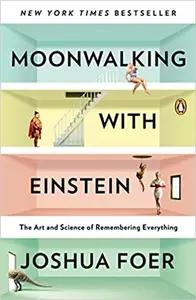
Moonwalking with Einstein
Joshua Foer

QED
Richard Feynman

Six Easy Pieces
Richard P. Feynman
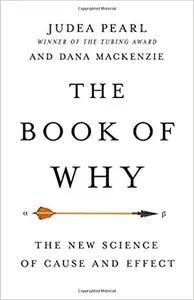
The Book of Why
Judea Pearl
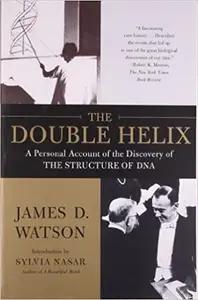
The Double Helix
James D. Watson Ph.D.
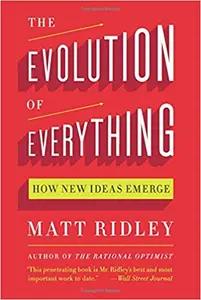
The Evolution of Everything
Matt Ridley

The Gene
Siddhartha Mukherjee

The God Delusion
Richard Dawkins
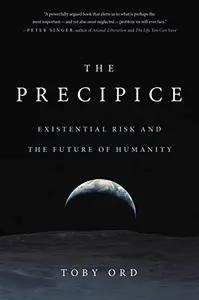
The Precipice
Toby Ord
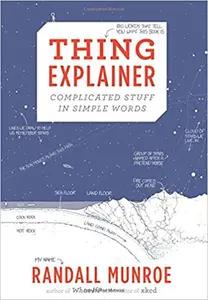
Thing Explainer
Randall Munroe

What Do You Care What Other People Think?
Richard P. Feynman

100 Plus
Sonia Arrison
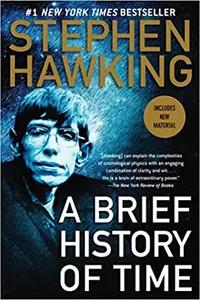
A Brief History of Time
Stephen Hawking
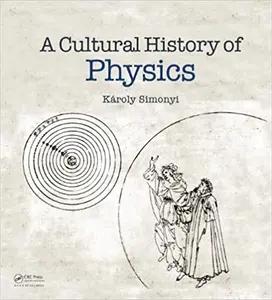
A Cultural History of Physics
Karoly Simonyi
Popular Books Recommended by Great Minds 📚
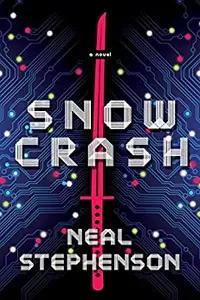
Snow Crash
Neal Stephenson
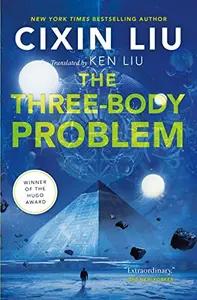
The Three Body Problem
Cixin Liu

Lying
Sam Harris

Trailblazer
Marc Benioff
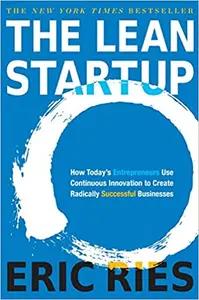
The Lean Startup
Eric Reis
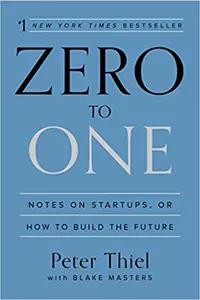
Zero to One
Peter Thiel
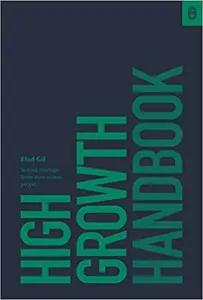
High Growth Handbook
Elad Gil
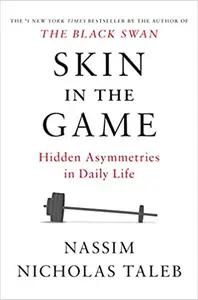
Skin In The Game
Nassim Taleb

Einstein
Walter Isaacson
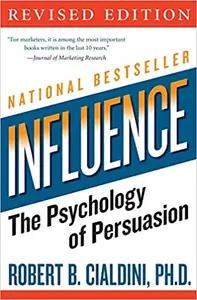
Influence
Robert Cialdini

American Kingpin
Nick Bilton

The Moment of Lift
Melinda Gates

Brotopia
Emily Chang

Shoe Dog
Phil Knight

The Courage To Be Disliked
Ichiro Kishimi

The Innovators Dilemma
Clayton Christensen
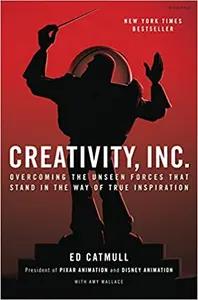
Creativity, Inc.
Ed Catmull
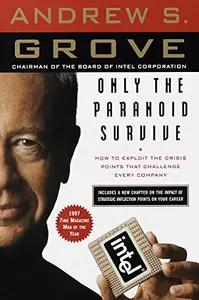
Only the Paranoid Survive
Andy Grove
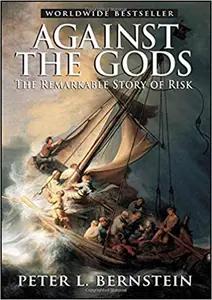
Against The Gods
Peter Bernstein

The Hard Thing About Hard Things
Ben Horowitz
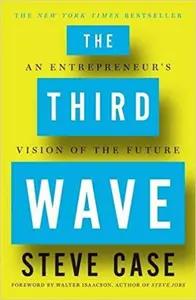
The Third Wave
Steve Case

Meditations
Marcus Aurelius

The Prince
Nicolo Machiavelli
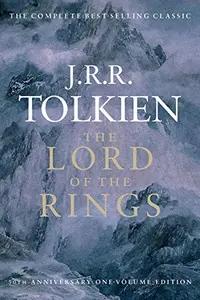
The Lord of the Rings
J.R.R. Tolkien

Behave
Robert Sapolsky

The Almanack of Naval Ravikant
Eric Jorgenson

The Outsiders
William Thorndike
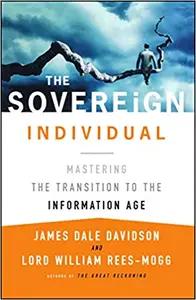
The Sovereign Individual
James Dale Davidson & William Rees-Mogg

The Score Takes Care of Itself
Bill Walsh
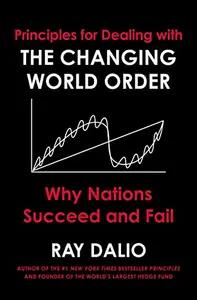
Principles for Dealing With The Changing World Order
Ray Dalio
